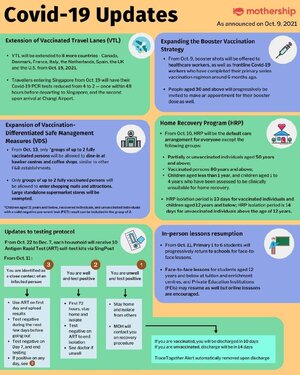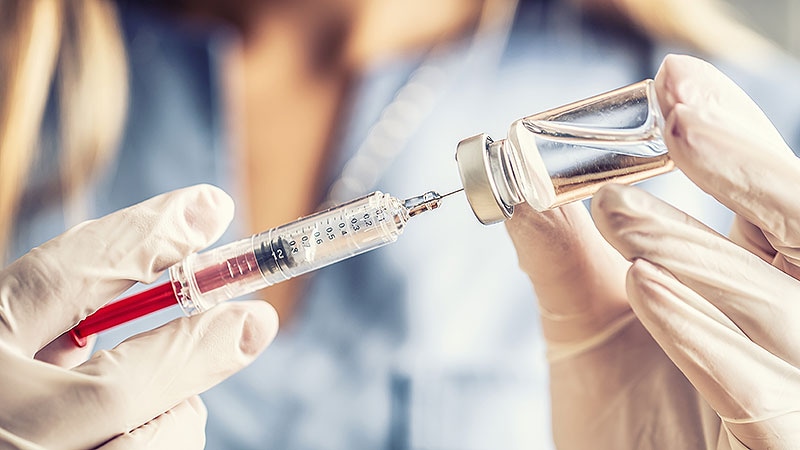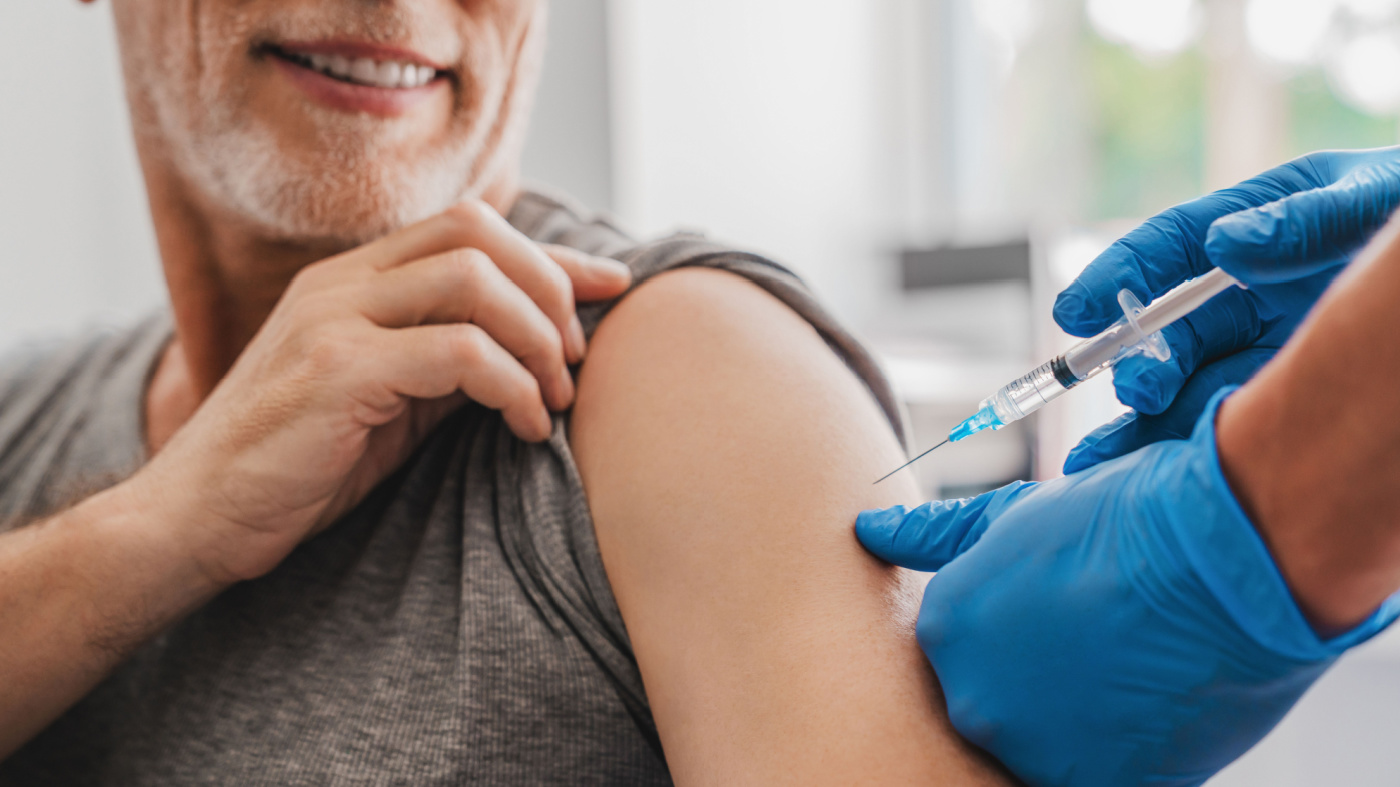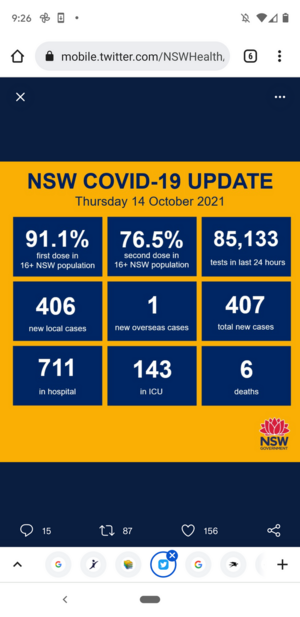Daisys and Diamonds
Super_Ideal_Rock
- Joined
- Apr 30, 2019
- Messages
- 23,323
I’m super impressed! We still have our share of anti-vaxxers in Singapore but unvaxxed people will no longer be able to dine-in, go to shopping malls, or visit attractions from next Wednesday (Oct 13)… which makes it safer for the vaccinated folks to go to these places so I’m not complaining.
It’s like how I felt when smoking indoors was finally banned (yay happy lungs).
i read this thing about Singapore today and hoped you were all ok













/cloudfront-ap-southeast-2.images.arcpublishing.com/nzme/TZDNCJGD6VT5JXCDJZG5EP36EU.jpg)



300x240.png)